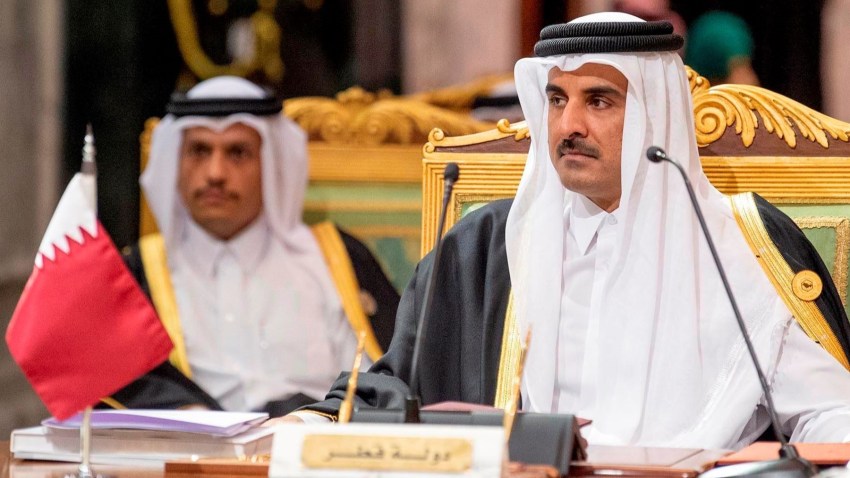Bahrain and Qatar announced last week that they will restore diplomatic relations after more than five years of estrangement. The move is the final major milestone in the normalization of ties among the members of the Gulf Cooperation Council, to which both countries belong. Delegates from the two countries met last week in Riyadh, Saudi Arabia, to resolve a feud that began in 2017, when Saudi Arabia imposed a boycott on Qatar, claiming it was too close to Turkey and Iran, and accusing Doha of supporting “terrorists.” Bahrain, along with the United Arab Emirates and Egypt, followed suit, severing all ties with Qatar.
The reconciliation between Qatar and Bahrain is the latest example of a flurry of recent diplomatic activity among states in the Middle East. It came after Saudi Arabia and Iran announced their own rapprochement and stems from a growing desire by Riyadh to deescalate regional tensions and enhance harmony among the Gulf states. During the so-called GCC crisis, Saudi Arabia, the United Arab Emirates, Bahrain and Egypt—all of which share discomfort with Doha’s closeness to Ankara and Tehran as well as its support for Islamist movements they deem to be a threat—withdrew their diplomats from Doha, closed their embassies there, terminated all flights to and from Qatar and imposed an economic embargo on the country.
But the boycott had little effect on Qatar’s economy, nor did it enhance regional stability. In early 2021, Riyadh led a process of thawing relations with Doha. The UAE was more lukewarm in its rapprochement with Qatar but nonetheless followed Saudi Arabia’s lead. Egypt went a step further when President Abdel Fattah al-Sisi visited Doha last year and announced that Cairo would accept investment from Qatar. Until last week’s announcement, however, Bahrain had maintained its boycott.

